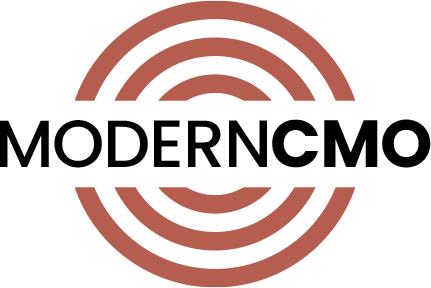In the ever-evolving landscape of marketing and business strategy, the roles and titles within the field are constantly shifting and adapting to new trends and demands. One such title that has gained prominence in recent years is that of a Fractional CMO. However, with the rise of this position, a question arises: Is a Fractional CMO simply a fancy word for a consultant or freelancer? In this article, we will delve into the nuances of each role, highlighting their differences and similarities to help you understand their unique contributions in the world of business and marketing.
The Fractional CMO
A Fractional CMO, or Chief Marketing Officer, is an executive-level position typically filled on a part-time or fractional basis by a highly experienced and knowledgeable marketing professional. Fractional CMOs bring a wealth of expertise to a company, acting as an integral part of the leadership team without the full-time commitment and cost associated with hiring a permanent CMO. These professionals often work with multiple clients simultaneously, providing strategic guidance, overseeing marketing efforts, and implementing comprehensive marketing plans.
Key Aspects of a Fractional CMO:
- Strategic Leadership: Fractional CMOs are not just consultants; they actively participate in a company’s strategic decision-making process. They help develop and execute long-term marketing strategies tailored to the specific needs and goals of the organization.
- Hands-On Involvement: Fractional CMOs are deeply involved in the day-to-day operations of the marketing department. They work closely with in-house teams and resources to ensure that strategies are effectively implemented.
- Long-Term Engagement: While they work on a part-time basis, Fractional CMOs often engage with clients over a more extended period, providing continuity in leadership and strategy.
- Accountability: They take on the responsibility for the results and performance of the marketing efforts, often aligning their compensation with the achievement of specific KPIs and objectives.
Consultants and Freelancers
Consultants and freelancers are also essential components of the modern business landscape, providing specialized services and expertise to companies in need. While the lines between these roles can blur, there are distinct characteristics that set them apart:
Consultants:
- Short-Term Focus: Consultants are often brought in for specific, short-term projects or to address particular challenges, providing expert advice and recommendations.
- Objective Perspective: They bring an external, objective viewpoint to the organization, helping identify areas for improvement or innovation.
- Limited Operational Involvement: Consultants usually don’t actively participate in the day-to-day operations of the company. They offer guidance and recommendations but often leave the implementation to the internal team.
Freelancers:
- Task-Oriented: Freelancers are typically hired to complete specific tasks or projects, such as content creation, graphic design, or web development.
- Autonomous Work: They work independently and are often not involved in broader strategic decisions. Their focus is on delivering the requested output.
- Variable Commitment: Freelancers’ availability and commitment can vary, making them a flexible resource for companies.
In summary, while the roles of Fractional CMOs, consultants, and freelancers all involve providing expertise and support to businesses, they differ significantly in their scope, engagement, and areas of focus. Fractional CMOs are a unique blend of strategic leadership and hands-on involvement, often providing continuity in the organization’s marketing efforts. Consultants bring objective perspectives and targeted solutions to specific challenges, while freelancers are task-oriented and work autonomously.
So, is a Fractional CMO just a fancy word for a consultant or freelancer? No, it’s not. Each role serves a distinct purpose in the business world, and their effectiveness depends on the specific needs and goals of the company. While they share similarities, understanding the differences between these roles is crucial for making informed decisions about the type of expertise and support your organization requires.


